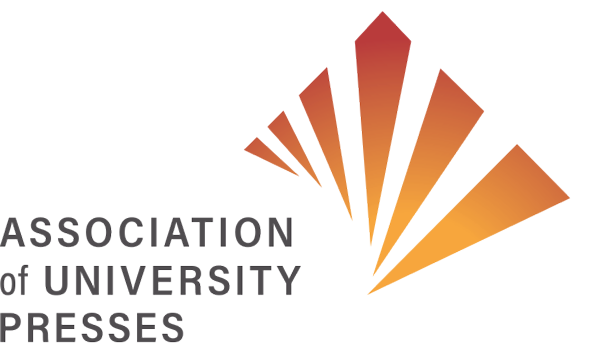The Association of American University Press (AAUP), the Professional and Scholarly Publishing Division of the Association of American Publishers (PSP/AAP), and PEN American Center, the original plaintiffs in the pending lawsuit challenging the scope of OFAC’s authority to regulate publishing transactions with sanctioned countries, expressed both appreciation for Nobel Winner Shirin Ebadi’s participation in the suit as a co-plaintiff, and understanding of her recently-announced agreement to settle her complaint with OFAC in light of recent revisions to the OFAC regulations that will allow her book to be published in the U.S. However, in light of our concerns regarding OFAC’s continued assertion of authority to license such publishing transactions, the original plaintiffs are continuing to discuss these matters with the government and the lawsuit remains pending.
In September 2004, the AAUP, PSP/AAP and PEN filed suit against the Office of Foreign Assets Control (OFAC), an agency of the U.S. Treasury Department, to strike down regulations requiring publishers to seek a license from the government to engage in the routine activities necessary to publish works originating in embargoed nations—regulations which violate the Berman Amendment exempting “information and informational materials” from such embargoes.
As a result of the lawsuit, the government has since issued revised regulations and granted a general license to publishers to engage in all activities ordinary and incident to written publications originating in Iran, Cuba, and Sudan. These revisions have allowed many suspended publishing projects to go forward. Shirin Ebadi, the Iranian activist and Nobelist who had filed a companion suit in October 2004, has been able to dismiss her action against the government, confident that an American audience will be able to read her memoirs. We are naturally delighted at this outcome for Ms. Ebadi and other affected writers.
The parties’ joint lawsuit and the resulting changes in the regulations have considerably improved the climate for publishers and the reading public, but concerns remain. OFAC still claims the authority to license and control First Amendment-protected activities, a claim which we believe to be untenable. Moreover, the general license that the revised regulations provide to publishers itself contains some troubling provisions. The license excludes the work of senior government officials in embargoed countries (for instance, the memoirs of Fidel Castro, or the uncollected speeches of high-ranking Iranian clerics—two hypothetical books which would be of real value to American readers); and there is no guarantee of permanence or transfer of this general license to any newly-embargoed nation. We are continuing to discuss these matters with the government, and look forward to a satisfactory conclusion.
For links to the relevant OFAC rulings, the legal papers of AAP/PSP, AAUP, PEN and Arcade, and additional materials, go here.
